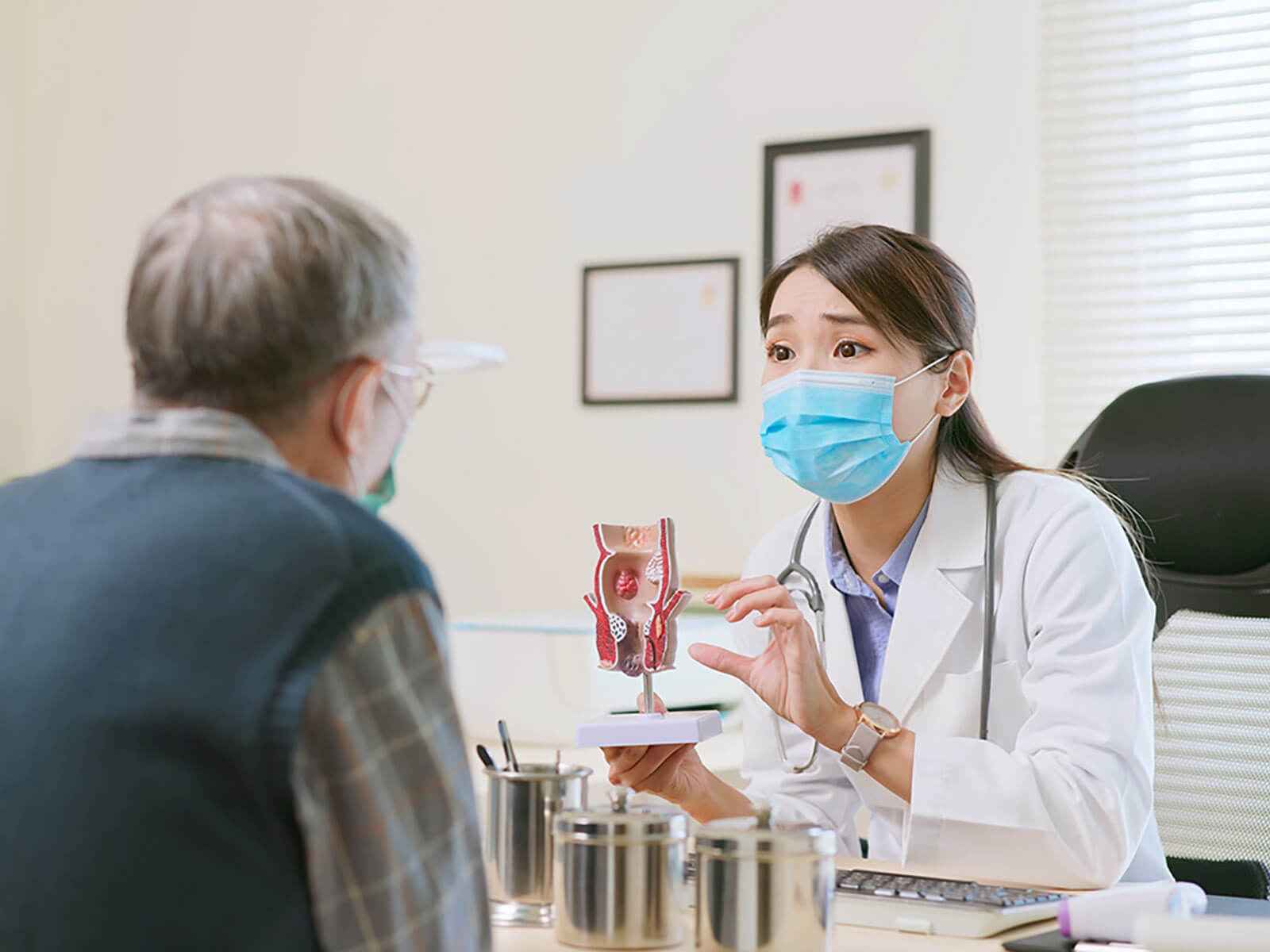
Rectal cancer occurs when abnormal cells grow in the last part of your large intestine-the rectum. These cells can form tumors that block your bowels or spread to other areas of the body. Early diagnosis and treatment improve survival. At GastroDoxs in Jersey Village, our specialist offers expert screening and personalized care plans.
You may not notice symptoms right away. If you experience any of the following, talk to a rectal cancer specialist near Jersey Village:
While the exact cause of rectal cancer isn't always clear, several factors can raise your risk:
At GastroDoxs in Cypress, our experienced rectal cancer specialists combine state-of-the-art diagnostics, individualized treatment plans, and compassionate support every step of the way. Don't wait-book your appointment today and let us partner with you on your journey to better digestive health and cancer care.
We've successfully treated more than 1.5K patients, helping individuals improve their digestive health and overall well-being through expert, personalized care.
With over 20 years of experience, GastroDoxs has been a trusted provider of gastroenterology care, focusing on delivering the best outcomes for patients
Rectal cancer starts in the last part of the large intestine (rectum), whereas colon cancer originates higher up in the colon. Treatment approaches and outcomes can vary based on the tumor's location.
In stage 1, you may notice mild rectal bleeding, thinner stools, or occasional cramping. Many cases are detected during routine screenings before symptoms become severe.
Stage 4 often involves persistent pain, significant unexplained weight loss, fatigue, and potential spread (metastasis) to organs like the liver or lungs.
Growth rates vary by individual and tumor biology, but some rectal tumors may double in size every 4-6 months if untreated.
Yes. Hemorrhoids (piles) and rectal cancer both can cause rectal bleeding and discomfort. A colonoscopy is necessary to distinguish between them.
Stage 3b treatment typically combines chemotherapy and radiation before surgery, followed by additional chemotherapy to reduce the risk of recurrence.
Survival depends on stage and patient health. Generally, stage 1 exceeds 85%, stage 3b is around 60-70%, and stage 4 is 10-20% with appropriate treatment.
Yes. Ongoing clinical trials offer access to new therapies and research treatments. Ask our Cypress team about current study opportunities.
Yes. Both can lead to bleeding, itching, and discomfort. Early evaluation and diagnostic testing are crucial for accurate diagnosis.
GastroDoxs in Cypress provides local expert care, advanced diagnostics, and personalized treatment plans. Book an appointment today.